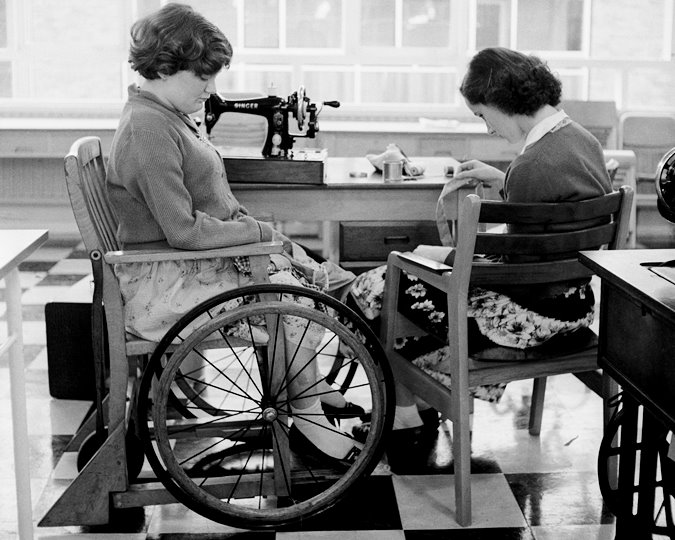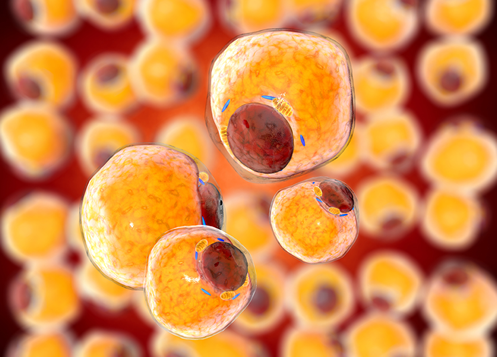Getting fat: a growing crisis
Fat is often a controversial subject to discuss because it encompasses both our physical health and social perceptions about our body.
Its most basic biological meaning is used to describe a class of macro-nutrients used in metabolism called triglycerides. These make up one of three classes of macronutrients and provide a means of storing energy, as well as acting as a food source.
But what about other meanings of fat? As we learn to celebrate our bodies in all shapes and sizes, we shun behaviours like ‘fat-shaming’ that attach negative stigma to fat and big bodies because they degrade us as people. Yet being fat is still problematic. So what’s the big deal about being fat? And has being fat been an issue historically?
Today, Britain is the fattest country in Europe. In 2021, 63% of adults in the UK aged between 15 and 74 years old were obese or overweight. Clinically, having too much fat, and in particular visceral fat (fat around the organs), can cause serious problems for our health. It is currently estimated that the health problems caused by excess fat costs the NHS £6.1 billion a year. It’s become something of a national crisis.
In order to understand why fat is so bad for us, we need to change how we conceptualise fat as a biological entity. Fat is not just a reservoir for energy. Fat is actually more like a large gland – it can be thought of as our body’s largest endocrine organ. Essentially, fat interacts with the other systems in our body to regulate its metabolism and immunity. It is is a finely balanced system maintaining the balance between anti-inflammatory factors and pro-inflammatory factors in concert with immune cells. If we get too fat, we break the system.
The problem with fat: Cancer
Being obese causes numerous health problems, and although not many people think of it straight away, it actually considerably increases our risk of cancer.
If we get too fat, our cells that store fat (adipocytes) increase in size, and then start to collapse and die. Our immune system triggers the response of sending macrophages to digest the dead cells, a reaction called inflammation. So as long as we are overweight or obese, we continually have collapsing and dying fat cells that continually trigger inflammation.
Inflammation plays a key role in the development and progression of cancer, because numerous inflammatory cells and mediators can activate the proliferation and metastasis of cancer cells, in addition to creating new blood vessels. Excess fat directly contributes to the presence of inflammatory factors in the tumour microenvironment, promoting its progression.
Next: Diabetes










